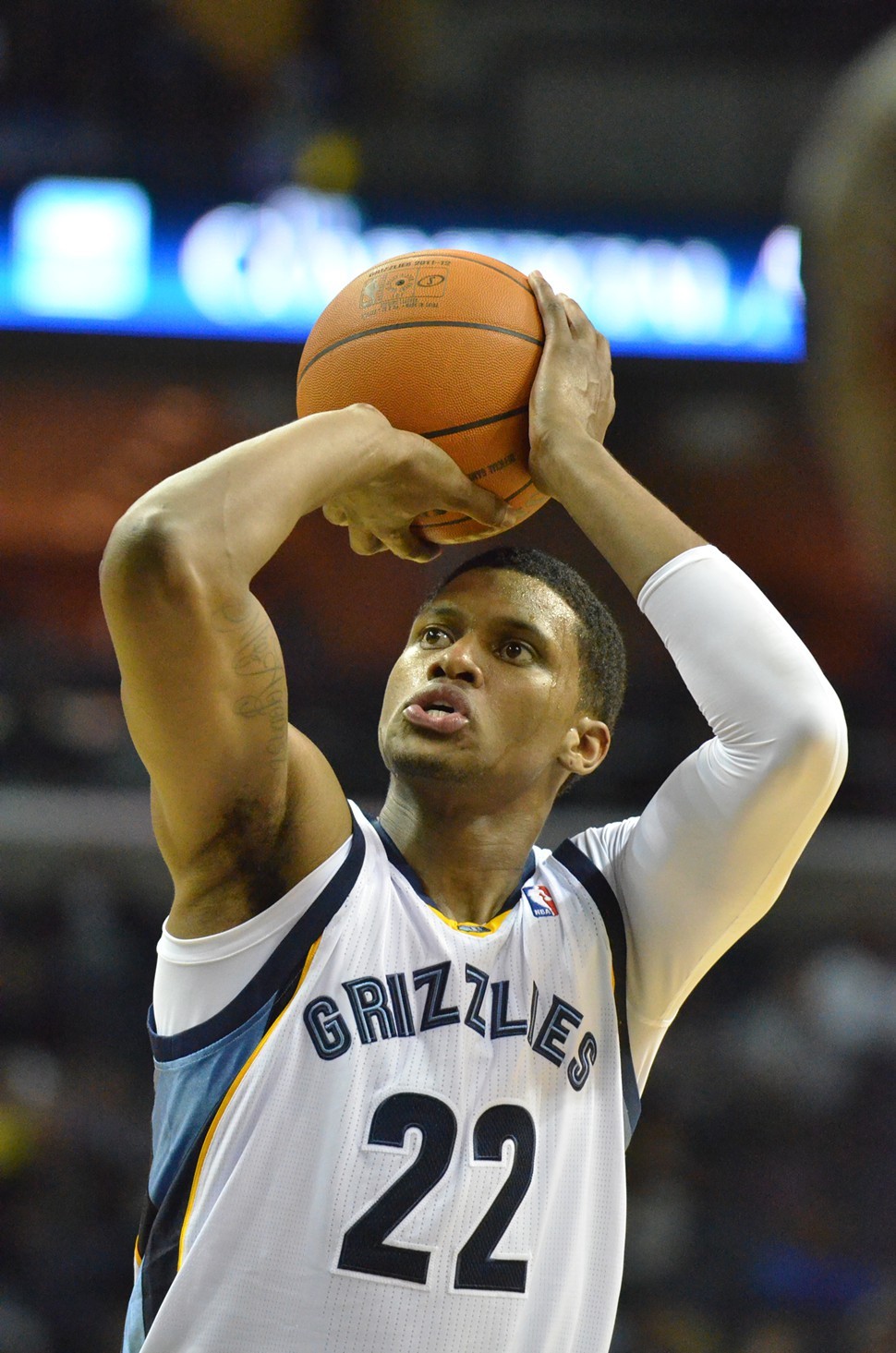Wednesday afternoon, the Grizzlies pulled off the most momentous transaction since jettisoning Pau Gasol, dealing current leading scorer and franchise games-played leader Rudy Gay, along with cult hero Hamed Haddadi, in a three-team deal that brought back young power forward Ed Davis and a 2013 second-round pick from the Toronto Raptors and small forwards Tayshaun Prince and Austin Daye from the Detroit Pistons.
There are copious angles to consider with this deal, but let’s try — as quickly as possible — to give an initial reaction to many of them, in question-and-answer form. I’ll wade into some of these issues more, with more time for reflection, in the coming days. But here’s my first impression:
Is this really the best the Grizzlies could do?
Apparently so. While the Grizzlies gave up the highest-wattage player in the deal, they also checked most of the boxes on their wishlist:
Obtain a significant younger player on a good contract: Ed Davis, check.
Add a draft pick: Toronto’s second-rounder this summer, likely to be in the 35-45 range, check.
Add a replacement small forward on a more manageable contract: Tayshaun Prince, check.
Clean up payroll to enable flexibility under the tax going forward: Check.
Even accomplishing all that, it’s hard to get excited about the deal. Prince, at age 32, with three years left on his deal, is a less attractive wing replacement than seemed to be the realistic ideal. (My version of realistic ideal: Jared Dudley.) Davis, while a great get as a general asset, will likely have less of an immediate impact based on available minutes than a similarly productive wing player would have. And the second-rounder is not the kind of draft pick people — including the Grizzlies — had in mind.
The inability of the Grizzlies to get a first-rounder in a deal for Gay may suggest how much the confluence of Gay’s massive contract and sluggish production has impacted his trade value. Toronto, it should be noted, could not have given the Grizzlies a first-round pick for 2013, since their pick this summer may be owed to Oklahoma City. As a result, a first-rounder from Toronto couldn’t have come until at least 2015. But apparently the Grizzlies weren’t able to get a first-rounder in any deals they considered otherwise viable.
Though there’s definitely risk of further decline for Prince over the remaining years of his contract — I would fear the third year may have value only as an expiring-contract trade chip — this deal is preferable to what it would have been without a third team, which wouldn’t have addressed replacing Gay at small forward.
